You’ve probably never thought about how your tires work. They sit under your car and help get you where you need to go. But, there are many components to a car wheel and one of the extremely important ones is the wheel bearing. Wheel bearing failure can cause serious problems for you and your car so it is beneficial to know what a wheel bearing is and what pitfalls to avoid in order to prevent wheel bearing failure.
What is a Wheel Bearing?
A wheel bearing is a set of steel balls connected by a metal ring. It sits tightly in the middle of the hub. Wheel bearings require grease to lubricate them, with a seal keeping the grease in the bearing. The seal also acts as a barrier against dirt and debris that can cause corrosion. The seal is essential to the durability of the wheel bearing.
Wheel bearings allow the wheel to spin rapidly without too much friction. They also carry the weight of the car, which can be over 4,000 pounds.
A good wheel bearing made of high quality steel should last 100,000 miles or more, if you take care of it and your car in general.
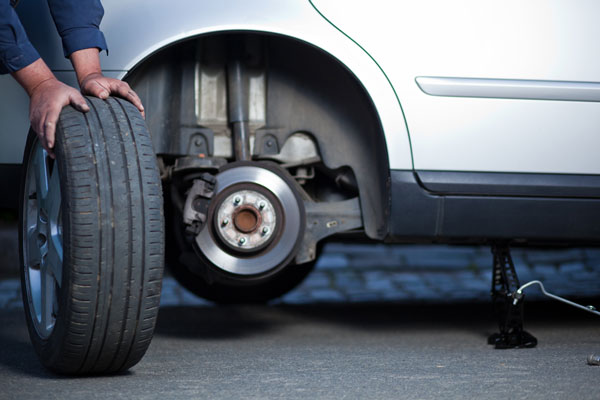
5 Common Reasons for Wheel Bearing Failure
1. Driving Through Deep Water
While the seal is there to act as a barrier against dirt, debris, and water, it cannot withstand large quantities of water putting pressure on it. Driving in water that is hub deep or higher may allow water into the wheel bearing. This will contaminate the lubricant, causing potential wheel bearing failure. This is why the passenger side wheel bearings tend to wear out more quickly, since they spend more time in standing water in the gutter, when parked. If you have driven through flooded roads or puddles, you should have your wheel bearings checked immediately.
2. Poor Road Conditions
If you consistently drive on bumpy roads, dirt roads, salty roads, or roads with potholes this will take a toll on your wheel bearings. The wheel bearings are carrying your entire car while ensuring your wheels continue to spin as needed. We put a lot of strain on them just from daily driving. When bumps occur we are putting extra strain on them.
The other danger is salt and dirt on the road. Salt will wear out your seals, allowing dirt to sneak into your wheel bearing. These contaminants can compromise the lubricant, which is necessary to prevent too much friction. Over time this will cause wheel bearing failure. If you consistently drive in poor road conditions you will need to have your wheel bearings checked sooner than the average vehicle.
3. Unbalanced Tires
You should be getting your tires balanced on a regular basis for many reasons. One of those reasons is to protect your wheel bearings. If your tires are not balanced you will be putting uneven strain on certain tires, causing those wheel bearings to work much harder, and wear out faster.
4. Overweight Loads
If you haul heavy loads your wheel bearings will wear out more quickly. An often forgotten wheel bearing is on trailers. So don’t forget to have those wheel bearings checked along with your vehicle. If your vehicle is consistently weighed down, you will need to replace your wheel bearings more frequently.
5. Improper Installation
Unfortunately, another common cause of wheel bearing failure is improper installation. This can occur if a mechanic is negligent or doesn’t install the wheel bearings according to manufacturer guidelines. They may also use poor quality wheel bearings. Using a low quality wheel bearing will cause premature wear and possible failure because they will mix hard and soft metal, causing spalling to occur. Spalling is when the bearing wears down enough to the soft metal underneath, which will peel off in flakes.
If you recently had your wheel bearings installed or repaired and you are still experiencing issues, take it back to your mechanic immediately. In order to avoid this inconvenient and unsafe situation, it is important to find a reliable mechanic that you trust to do a good job in the first place.
Signs of Wheel Bearing Failure
The most common and easiest sign of wheel bearing failure is the noise it will make. If you hear a growling, rumbling, humming, screeching, or squealing noise that gets louder or goes away as you change driving speed, you should take it to your mechanic to have your wheel bearings checked.
If you get your tires rotated regularly but there is still a significantly uneven tread on them you should have your wheel bearings and shocks/struts checked.
If your wheel bearing fails, it can cause the wheel to stop while you are driving or possibly even to fall off. At the very least, before a wheel falls off, a failed wheel bearing can/will cause significant damage to your vehicle, so it’s very important to keep an eye on these and keep them maintained. If you suspect a wheel bearing failure do not continue to drive on it. Take it to your mechanic immediately. And don’t hesitate to consult your mechanic if you have any questions about your wheel bearings at all. They are happy to help and want to keep you safe.

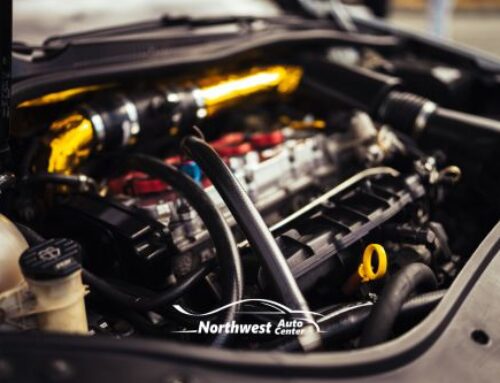
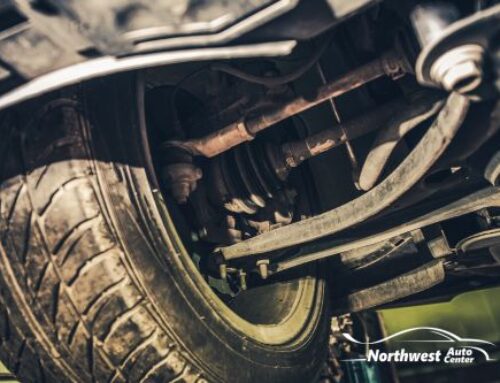
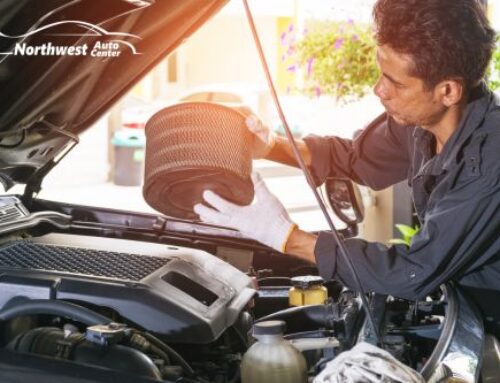
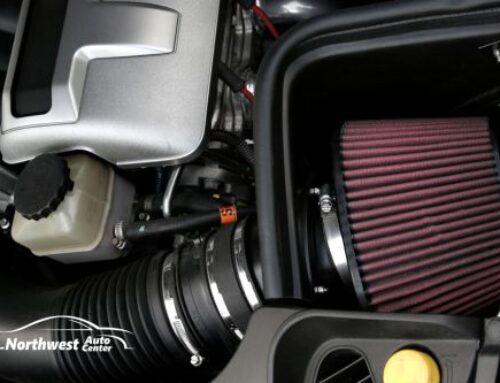
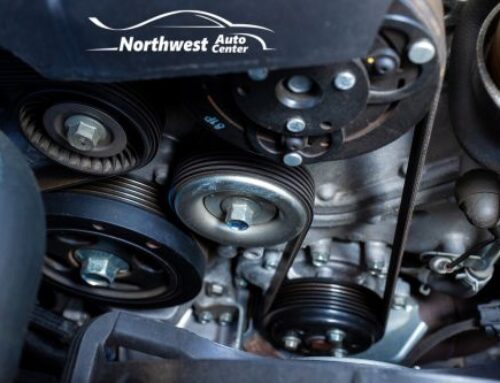
Leave A Comment
You must be logged in to post a comment.